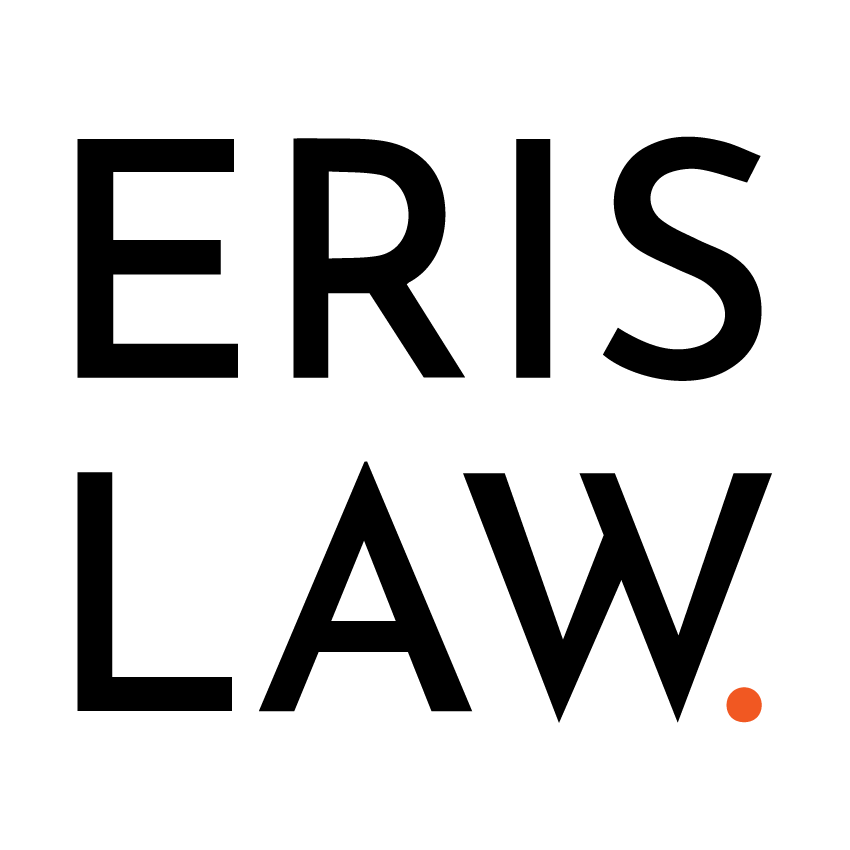In today’s digital economy cookies have become a ubiquitous tool, playing a crucial role in how websites interact with users and how data is collected and used. However, as the adage goes ”there’s no such thing as a free lunch.” The widespread use of cookies comes with significant privacy implications that users need to be aware of.
What Are Cookies?
Cookies are small text files stored on your device by websites you visit. They serve various functions from keeping you logged into a website to remembering your preferences and most controversially, tracking your online behavior. There are two main types of cookies: first-party and third-party cookies. First-party cookies are set by the website you are currently visiting. They are generally used to improve user experience by remembering your preferences or login information. While Third-party cookies are placed by entities other than the website you are visiting, often by advertisers. These cookies track your behavior across different sites to build a profile of your interests and habits, which is then used for targeted advertising.
While cookies are essential for many online services they also raise significant privacy concerns, especially when it comes to third-party cookies. These cookies can track users across multiple sites leading to invasive profiling and targeted advertising that many find unsettling.
The Trade and Monetization of Your Personal Data
The digital economy thrives on data, much of which is collected through cookies. Personal data has become a highly valuable commodity with companies trading and monetizing it to fuel the advertising industry. When you visit a website first-party cookies might collect basic information to enhance your experience, but third-party cookies can harvest much more.
These third-party cookies enable companies to build detailed profiles of users, which are then sold to advertisers and data brokers. This ecosystem is a multi-billion dollar industry, but it often operates with little transparency, leaving users unaware of the extent to which their data is being traded.
Risks
The primary risk associated with cookies is the invasive tracking of users across the internet. Third-party cookies are known for creating extensive profiles based on your browsing habits. These profiles are used for targeted advertising but can also lead to more insidious uses, such as discriminatory pricing or even influencing voter behavior during elections.
Another significant risk is the potential for data breaches. When companies store large amounts of personal data, they become prime targets for cyberattacks. A data breach can expose sensitive information, leading to identity theft, financial loss, and other severe consequences. Furthermore, the sheer volume of data shared among companies increases the likelihood of it being mishandled or falling into the wrong hands.
Finally, there is the issue of losing control over your personal information. Once your data is collected and shared, it’s nearly impossible to regain control over where it goes and how it’s used. This loss of control is a significant concern for privacy advocates, as it undermines individuals’ ability to manage their own digital footprint.
Regulators’ Perspective and Response
Recognizing the privacy risks posed by cookies regulators have stepped in to create frameworks that protect users. The European Union’s General Data Protection Regulation (GDPR) is one of the most comprehensive data protection laws to date, imposing strict rules on how personal data is collected, stored, and used. Under the GDPR, cookies that can identify an individual are considered personal data, and websites must obtain explicit consent from users before placing these cookies on their devices.
The GDPR also requires companies to be transparent about the data they collect and how it will be used. Users must be informed in clear and simple language about what data is being collected, and they must have the option to withdraw their consent at any time. Additionally, the ePrivacy Directive, often referred to as the ”cookie law,” further reinforces the need for user consent before cookies are used, particularly third-party cookies used for tracking and profiling.
Despite these regulations, enforcement remains challenging. Many websites continue to use dark patterns—design choices that trick users into consenting to data collection. Moreover, the global nature of the internet means that even if a company is compliant in one jurisdiction, it may not be in another.
Conclusion
Cookies are an integral part of the digital economy, enabling websites to function efficiently and providing personalized user experiences. However, the trade-offs in terms of privacy cannot be ignored. Invasive tracking, profiling, data sharing, and the potential for data breaches all pose significant risks to users. While regulatory frameworks like the GDPR have made strides in protecting personal data, users must remain vigilant about their digital privacy.
In an age where data is the new currency it’s crucial to understand the implications of every click. The next time you see a cookie consent pop-up, remember that your decision has real consequences for your privacy and the broader digital economy.
References
- ePrivacy Directive – Consolidated TEXT: 32002L0058 — EN — 19.12.2009 . Europa.eu. Available at: https://eur-lex.europa.eu/legal-content/EN/TXT/?uri=CELEX%3A32002L0058
- Cookies, the GDPR, and the ePrivacy Directive . GDPR.eu. Available at: https://gdpr.eu/cookies/
- The Death of the Third-Party Cookie: What Marketers Need to Know About Google’s 2023 Phase-Out . HubSpot.com. Available at: https://blog.hubspot.com/marketing/google-same-site-cookie-update
- Third-party cookies – Privacy on the web . MDN Web Docs. Mozilla.org. Available at: https://developer.mozilla.org/en-US/docs/Web/Privacy/Third_party_cookies
- Understanding Internet Cookies: Privacy & Security Risks . Infosec Institute. Available at: https://resources.infosecinstitute.com/topic/understanding-internet-cookies/
- Mastering Website Cookie Management: Empower Your Privacy and Personalization . Growth Natives. Available at: https://www.growthnatives.com/blogs/website-cookie-management

